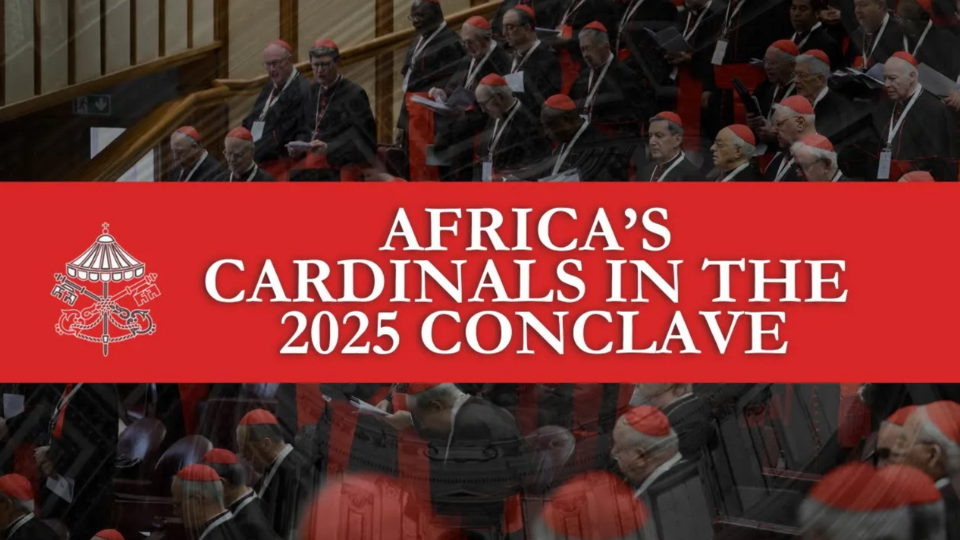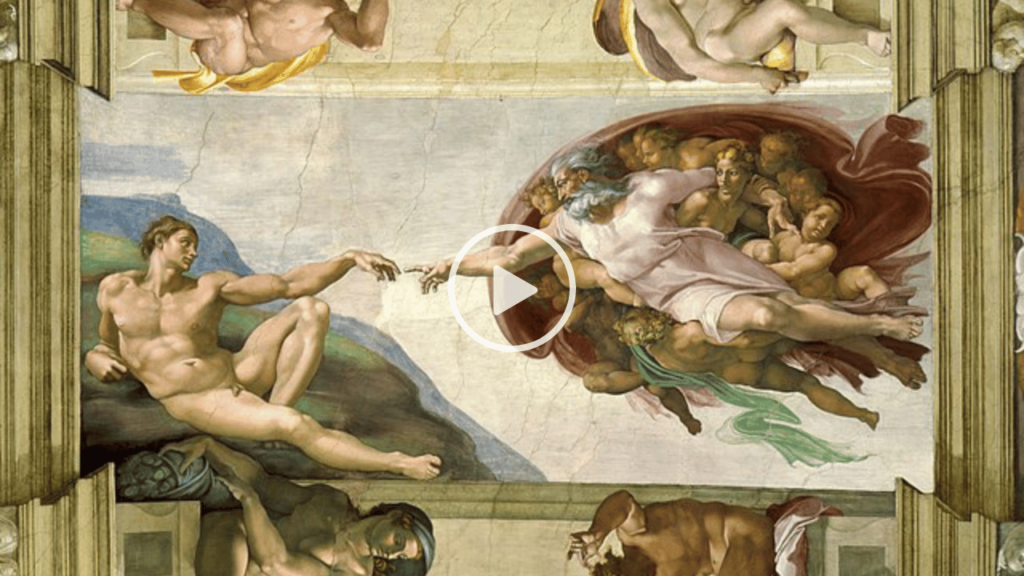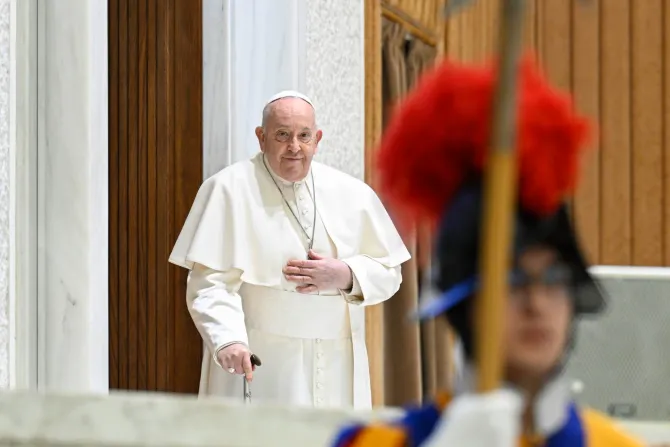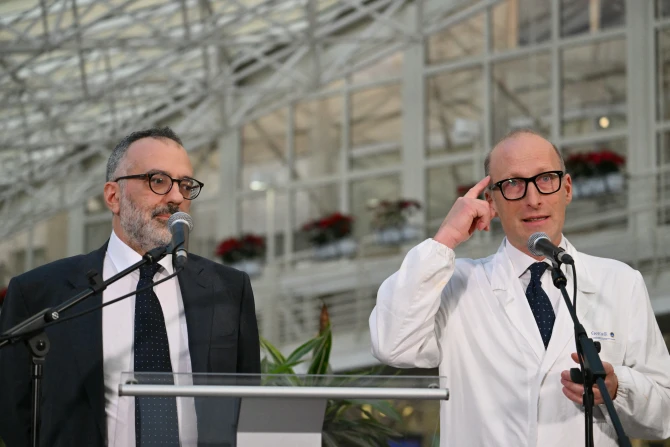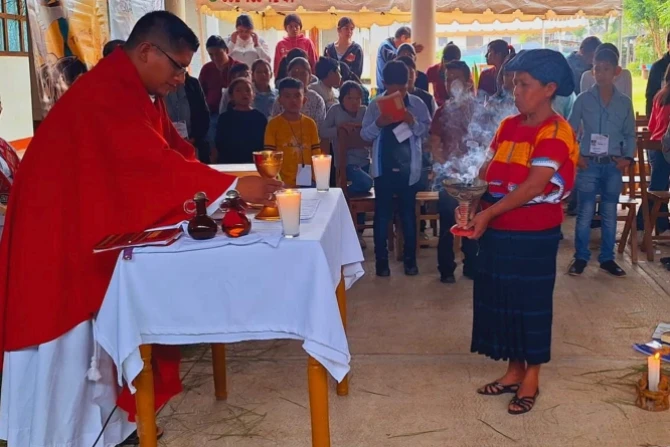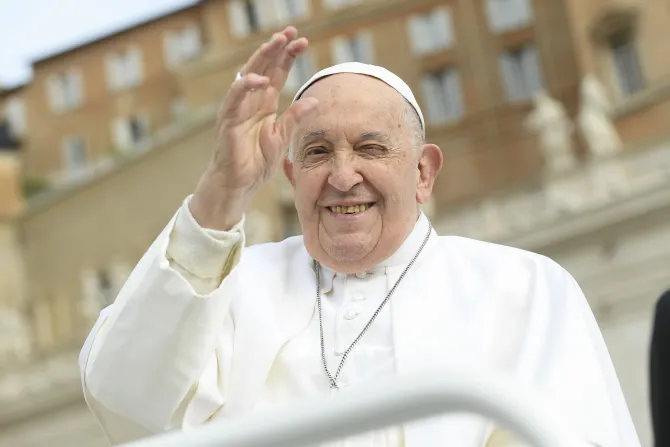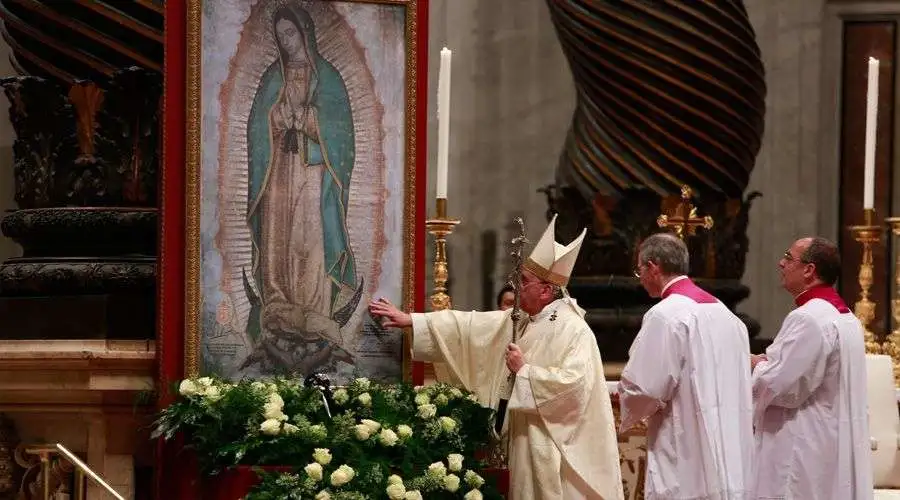Approximately 20% of the global Catholic population resides in Africa. With 18 electors, African cardinals now make up 13% of the College of Cardinals, representing a fifth of this growing demographic in the Church. This demographic shift is influencing the global Catholic Church’s focus, with increasing attention to African perspectives in theological discussions and leadership roles.
SIGN UP FOR OUR NEWSLETTER HERE
The College of Cardinals currently includes 29 cardinals from 23 African countries. Of the 18 electors in that group, all but three were created by Pope Francis. These electors represent 17 countries: Algeria, Burkina Faso, Cape Verde, Central African Republic, Congo, Ethiopia, Ghana, Guinea, Ivory Coast, Kenya, Madagascar, Morocco, Nigeria, Rwanda, South Africa, South Sudan, and Tanzania.
The youngest African elector is Cardinal Dieudonné Nzapalainga of the Central African Republic, at 58 years old. He is followed by the Archbishop of Juba in South Sudan, Cardinal Stephen Ameyu Martin Mulla, who is 61. Cardinal Peter Ebere Okpaleke, 62, bishop of Ekwulobia in Nigeria, was elevated by Pope Francis after being initially rejected by his ethnic group — leading to the creation of a new diocese.
The electors from Algeria and Ivory Coast, Cardinal Jean-Paul Vesco and Cardinal Ignace Bessi Dogbo, are both 63. The third cardinal in the history of Tanzania, Cardinal Protase Rugambwa, is 64. Capuchin Franciscan Cardinal Fridolin Ambongo Besungu, 65, serves as the archbishop of Kinshasa in the Democratic Republic of Congo and as the elected leader of African bishops as president of the Symposium of Episcopal Conferences of Africa and Madagascar (SECAM).
Cardinal Antoine Kambanda, the 66-year-old Archbishop of Kigali in Rwanda, is Rwanda’s first cardinal and a survivor of the 1994 genocide. South African Cardinal Stephen Brislin, 68, Archbishop of Cape Town, oversaw the controversial synthesis report his archdiocese published as part of the Synod on Synodality, calling for dramatic changes like expanding the definition of the family and revisiting the Church’s teaching on the dignity of human life.
Cardinal Désiré Tsarahazana, Archbishop of Toamasina in Madagascar, is 70 and a strong defender of marriage and the family. Spanish-born Salesian Cardinal Cristóbal López Romero, 72, leads the Archdiocese of Rabat in Muslim-majority Morocco. Cardinal Arlindo Gomes Furtado, bishop of Santiago de Cape Verde, was elevated a decade ago and is now 75.
At 76, Cardinal Peter Turkson, chancellor of the Pontifical Academy of Sciences and Social Sciences, hails from Ghana. In Ethiopia, 76-year-old Cardinal Berhaneyesus Demerew Souraphiel serves as archbishop of Addis Ababa.
The oldest four electors, all 79, include Cardinal Robert Sarah, prefect emeritus of the Congregation for Divine Worship and the Discipline of the Sacraments. Sarah, two months shy of age ineligibility, is known worldwide as a defender of the sacred and continues to influence the Church beyond his 2021 retirement.
Cardinal John Njue, Archbishop Emeritus of Nairobi, Kenya, gained international attention for his response to then-U.S. President Barack Obama’s support for LGBTQ rights in Africa, stating the United States had “ruined their own societies.” Cardinal Philippe Nakellentuba Ouédraogo, Archbishop Emeritus of Ouagadougou, Burkina Faso, is a noted defender of marriage and a convert from a Muslim family. Cardinal Jean-Pierre Kutwa, the third cardinal from Ivory Coast, is Archbishop Emeritus of Abidjan.
Of note, though no longer eligible to vote, 98-year-old Cardinal Emmanuel Wamala of Kampala, Uganda’s capital, oversaw the building and dedication of the Ugandan Martyrs Shrine, a global pilgrimage destination visited by Pope Francis in 2015 to mark its 50th anniversary. During that trip, Pope Francis warned of “ideological colonization,” linking the promotion of contraception, abortion, and gender ideology to economic aid and medical care.
Adapted by Jacob Stein

